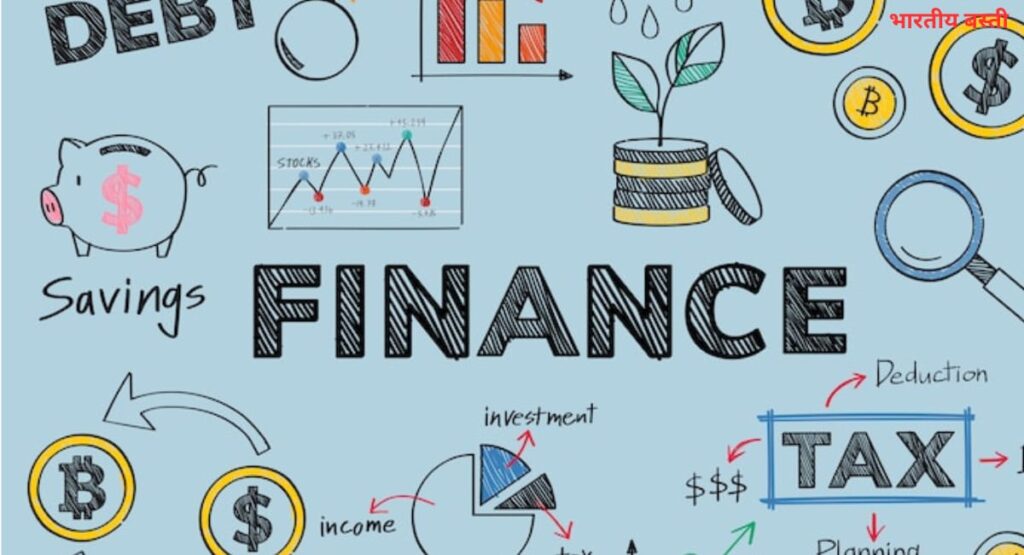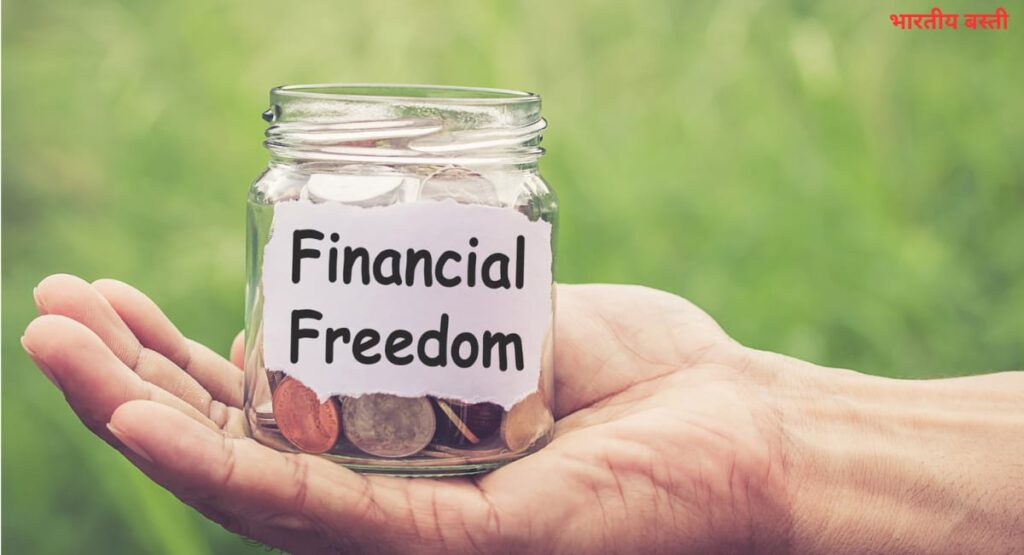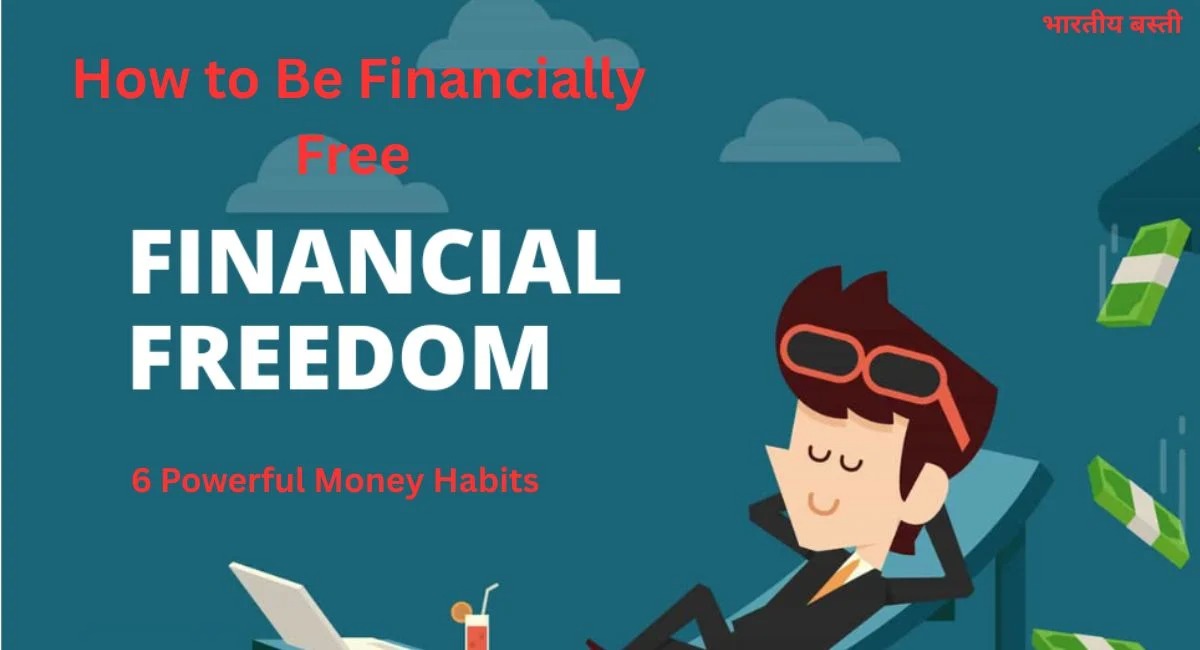Financial freedom isn’t just a dream reserved for the ultra-wealthy or retirees in their 45s. In fact, how to be financially free by 45 is a goal within reach for everyday people parents, professionals, and anyone tired of living paycheck to paycheck.
It’s about waking up without the constant stress of money, choosing work because you love it, and living life on your own terms. Many believe financial freedom only comes late in life, but with the right habits, mindset, and consistent actions, you can build wealth and peace of mind sooner than you think.
This isn’t about extreme frugality or get-rich-quick schemes. It’s about practical, proven money habits that grow your financial security and independence steadily over time.
In this article, you’ll discover 6 essential money habits that work , how to implement them to take control of your financial future. Whether you’re starting late or recovering from past money mistakes, freedom is closer than you think.
1. Pay Yourself First:
The Foundation of Financial Freedom One of the most important habits for how to be financially free is to pay yourself first.
What does that mean?
Most people pay bills, rent, or others before thinking about saving. Paying yourself first means prioritizing your savings before anything else. It’s about making sure your future self feels safe and cared for financially.When you save before you spend, you’re sending a powerful message to yourself.
How to Start Paying Yourself First
The best way to make this habit stick is automation. Set up automatic transfers from your paycheck into a savings or investment account as soon as you get paid.
Even if you start with just 5% or 10%, those small steps grow steadily and make a big difference down the road.” This removes the temptation to spend first and save what’s left which often ends up being nothing.
The Long-Term Benefits
Think of every dollar you save as a gift to your future self whether that means quitting a stressful job, traveling, or simply living stress-free.

2. Build a Freedom Fund
You’ve probably heard about emergency fund those savings set aside for life’s unexpected moments, like a surprise car repair or an unexpected medical bill that throws you off balance. But building a Freedom Fund takes this a step further.
A Freedom Fund is money set aside to give you real choices:
Quitting a job you hate, starting a new business, taking a sabbatical, or moving to a new city. While an emergency fund protects you in a crisis, a Freedom Fund empowers you to thrive.
Why Having Both Is Essential:
An emergency fund helps you stay financially stable in tough times. A Freedom Fund lets you chart your own course without fear. Without this safety net, financial insecurity can hold you back from making big life changes.
How to Build Your Freedom Fund
- Set a clear savings goal: Usually 3–6 months of living expenses, but adjust based on your personal goals.
- Set up automatic monthly transfers to your Freedom Fund make it as non-negotiable as your rent or utilities.
Take a moment to celebrate each small win every dollar you save is a meaningful step closer to your financial freedom.

3. Make Your Money Work While You Sleep:
Harness Passive Income One of the most exciting ways to be financially free is to earn money passively meaning your money works hard for you even when you’re not actively working.
What Is Passive Income?
Passive income streams generate money without your constant attention. Rather than swapping your hours for a paycheck, you build smart systems or investments that keep earning money around the clock whether it’s through dividend stocks, rental income, royalties, or online ventures.
And here’s the real game-changer compound interest. It’s like your money making friends for itself, growing faster and faster over time, especially when you start planting those seeds early.
How to Start Building Passive Income
- Invest a portion of your savings in diversified index funds or dividend stocks.
- Think about starting a side hustle that, with time and effort, could grow into a steady stream of income even when you’re not actively working.
- Explore real estate or peer-to-peer lending depending on your risk tolerance.
- Be patient building passive income takes time but pays off massively in the long run.
4. Stop Budgeting:
Traditional budgeting can feel restrictive, complicated, and often discouraging. Many give up after a few weeks of tracking every dollar.
What Is Value-Based Spending?
Instead of cutting costs arbitrarily, value-based spending aligns your money with what matters most to you. It’s about purposeful spending investing in experiences, relationships, or goals that truly bring joy and meaning.
For example, if family time is a priority, you might spend on weekend trips or dinners out. If saving for a home is your goal, you might skip costly subscriptions.

How to Find Your Values Ask yourself:
- What truly makes me happy?
- What experiences do I hope to cherish forever?
- Where should I focus my money and energy?
How to Practice Value-Based Spending
- Maintain flexibility life isn’t perfect, and neither are budgets
- Stop guilt-driven spending; focus on meaningful choices.
This mindset reduces stress, increases satisfaction, and turns freedom into a daily experience.
5. Invest in Skills:
Your Most Valuable Asset Financial freedom isn’t just about money. It’s about increasing your earning potential and that starts with investing in yourself.
Why Skills Matter More Than Ever Skills are portable assets that grow in value and open doors. Unlike money that can be lost in the market, skills are yours to keep and improve.
High-demand skills like digital marketing, coding, communication, or sales can dramatically boost your income.
How to Invest in Skills
- Identify skills that match your passions and the job market.
- Dedicate time weekly for learning online courses, workshops, books, or mentorship.

6. Take Charge of Your Long-Term Payments:
Debt Doesn’t Have to Hold You BackLong-term debts like mortgages, car loans, or student loans often feel like heavy weights tied to your financial ankles.
But here’s the truth
With the right approach, these payments don’t have to hold you back from achieving true financial freedom. In fact, mastering your debt can be one of your strongest moves toward independence.
Why Managing Long-Term Payments Matters
High-interest debt can quietly drain your income, making it harder to save, invest, or even enjoy life without stress.
But when you take control paying down what costs you the most and reshaping your payments you free up cash flow that can be redirected toward your dreams. It’s about turning what feels like a burden into a stepping stone.
How to Take Control of Your Debt
- Get clear on what you owe: Write down every loan, the interest rates, and when each payment is due. Understanding the full picture is the first step to feeling empowered.
2. Attack high-interest debt first: These debts cost you the most over time, so paying them off faster saves you money and stress.
3. Look for refinancing opportunities: Sometimes, you can negotiate better rates or terms, lowering your monthly payments and making debt more manageable.
4. Be mindful about taking on new debt: Before borrowing, ask yourself if it aligns with your financial goals or if it’s just adding weight to your journey.
Reframe Debt as a Tool for FreedomThink of each payment not as a chain but as a choice you’re making to reclaim your future.
Paying off debt early or managing it wisely doesn’t just reduce what you owe it increases your freedom to live life on your terms.
A Personal Note on the Journey to Financial FreedomManaging debt and working toward financial freedom can feel overwhelming, especially when life pulls you in a hundred directions.
But remember, this is a marathon, not a sprint. Small, steady stepscelebrating wins, learning from setbacks, and keeping your vision alive are what lead to lasting change.
The freedom to wake up every day without money worries isn’t just a dream. It’s possible, and it starts with the habits you build today.



